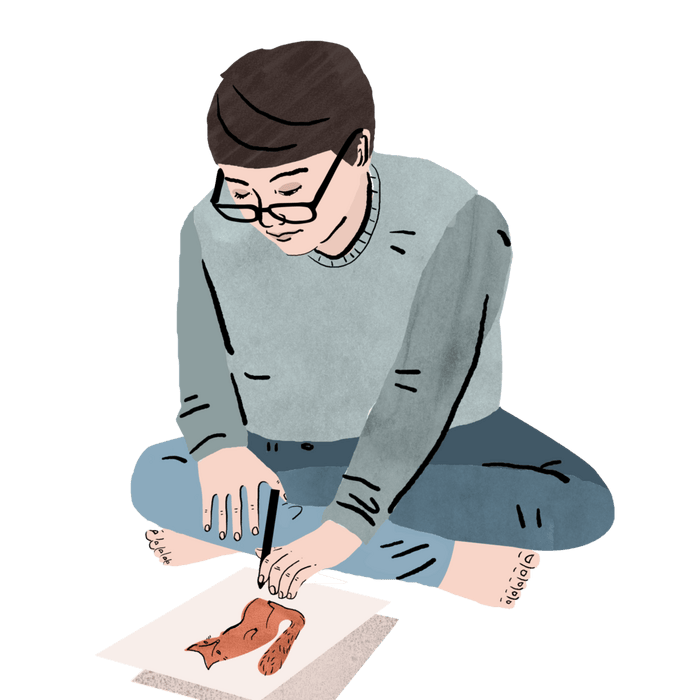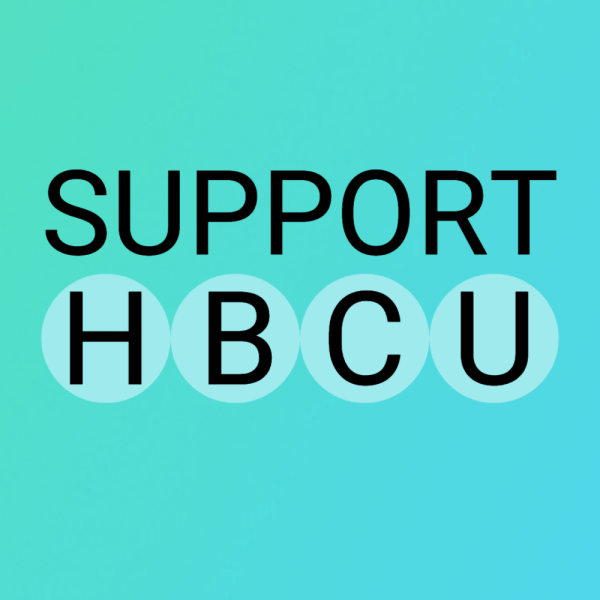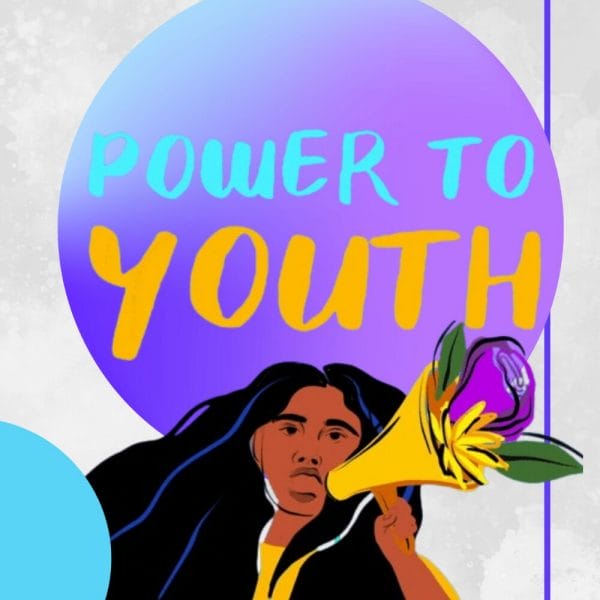Hopelab and Well Being Trust recently released a report on the digital health practices, social media use, and mental well-being among teens and young adults in the U.S.. The nationally representative, probability-based survey of more than 1,300 teens and young adults, ages 14 to 22 was conducted in February and March 2018 in direct response to deeply concerning recent reports of increases in adolescent depression. Among several issues contributing to the trend, many observers point to young people’s social media use. This survey set out to collect teens and young adults’ descriptions of a wide variety of social media behaviors and to explore the association between types of social media experiences and mental well-being. We were overwhelmed by the quantity of responses we received – nearly 600 individual responses per topic.
We can’t help but wonder if young people were waiting for someone to ask these questions. Clearly it is our turn to listen, but not only to listen, to do something with the information that we receive. As part of the survey, we asked respondents directly how they experience social media when they are already feeling depressed, stressed, or anxious. This question appeared late in the survey, but hundreds of people responded. About one-third of those who answered cited the value of being distracted. Another third said actions taken or words shared by nice people were a big help. Others said they looked for positive or inspiring content to cheer them up. Read some of their actual quotes in the gallery below:
“I’m able to talk to people who have experienced what I have and are able to share what they did to fix their issues.” —21-year-old Black female
“I can post something and fish for people who understand what I wrote about to relate with me.” —14-year-old White male
“It just helps me feel outside myself for a bit and find interesting topics I’d like to ponder on. When you’re depressed, it’s easy to get caught in a loop but through actively reading every day through social media I can always be preoccupied with information.” —20 year-old White female
“I find people with similar things that are making me sad and I read about how they handle it.” —14-year-old White female
On the flip side, the most popular theme we heard from teens and young adults who experienced the negative aspects of using social media when they were depressed, stressed, or anxious was that it made them feel left out or inferior. Another theme was that current events are negative and depressing, which just contributes to their sad mood. Here’s more of what they said, in their own words:
“I scroll through feeds of everyone having fun with each other while I’m stuck at home doing nothing about it.” —15 year-old White male
“Usually friends post happy things – getting together with others, accomplishments, bragging – I don’t always want to see it when I’m feeling down about myself so I stay off social media.” —14 year-old White female
“Being broke but seeing your friends go out to fun places or eat but [you] can’t join because [you have] no money or just seeing how successful they are while you struggle just to get by.” —21 year-old Latino male
“Whenever I’m having an anxiety attack I have to put down my phone and calm down.” —22 year-old Black female
“I feel like I am not good enough compared to other people. I often look at other people[’s] pages and compare myself to them.” —19 year-old White female
These valuable insights pose important questions like, are we doing our part to help young people meet their needs? Are we effective reaching young people with digital health resources? How might we help people navigate a new peer-to-peer health landscape? This report’s exploration of young people’s social media use indicates that the relationship between social media use and depression is complex; there’s no denying that. Stay tuned as we unpack more sections of the survey in upcoming blog posts and feel free to take a deep dive into the full survey itself. You can download the full report here.





